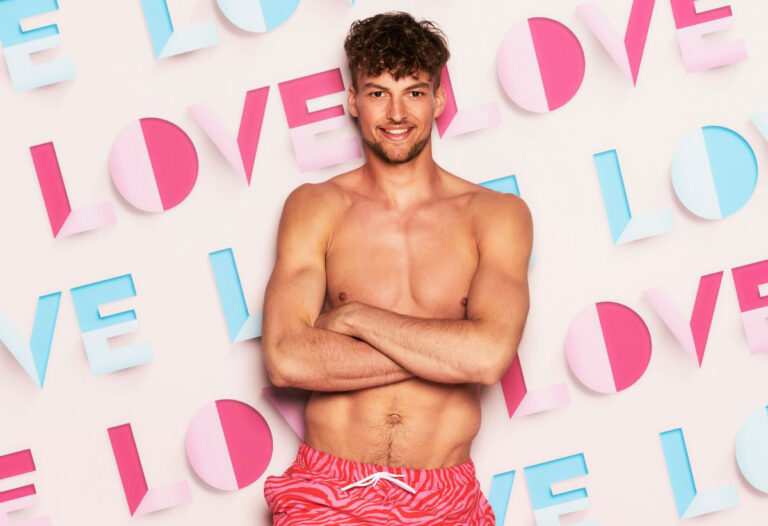Love Island reveals Hugo Hammond as its first ever disabled contestant

Last week, Millie Pickles, a para-athlete, took TikTok by the storm after revealing Love Island’s plans to cast her as a contestant. Although Pickles declined the offer, it paved the way for wider speculations about the reality dating series welcoming one of the most diverse line-up of singletons this 2021. Following a series of announcements this morning, Love Island has indeed delivered on its push towards inclusivity.
Confirmed as the show’s fourth Love Islander, Hugo Hammond is a 24-year-old Physical Education teacher based in Hampshire. Born with a clubfoot, a condition caused by a shortened Achilles tendon in which an infant’s foot is turned up and inward, Hammond is reportedly the first star with a disability to be casted for the reality TV show.
“I’ve actually played cricket for England PD (Physical Disability),” the star told The Mirror. Visiting places like Bangladesh and Dubai, Hammond has travelled across the world to score wins for his team. The Oxford Brookes University graduate also credited the pandemic as the major reason for being “single for a while.” “It’s been really hard to get back into dating,” he said. “I saw it as an opportunity to have an amazing fun summer and put myself back out there.”
Born with a clubfoot, Hammond also added how he had many operations as a kid. “You can only really tell when I walk barefoot. I’ve got a really short achilles heel and walk slightly on my tip toes.” As for his job as a PE teacher at a secondary school, he admitted to loving everything there is to it. “It’s great to be able to pass on the enthusiasm to be physically active to the younger generation and hopefully they feel the same about me teaching them,” he explained.
Love Island has previously featured Niall Aslam, a 25-year old, who revealed his diagnosis with autism only after leaving the villa prematurely in 2018. The star later admitted to suffering from psychosis and hallucinations on some nights, which eventually led him into quitting the show. Love Island has since faced criticism for the lack of diversity in its line-up of contestants, particularly in regards to race and body shapes.
In 2019, Richard Cowles, creative director of ITV Studios Entertainment, went as far as defending Love Island by outlining its efforts “to be as representative and diverse as possible.” “It has to come back first and foremost,” he said. “It’s an entertainment show and it’s about people wanting to watch people we’ve got on-screen and then reacting and falling in love with one another.”
In April 2021, ITV revealed Love Island’s plans to be more LGBTQI+ inclusive. Partnering with Tinder to find new contestants, it was announced that some of the advertisments run by the show would target both straight and gay users on the platform. This inclusivity push was further criticised as a format that would “inevitably complicate things.”
However, amassing over 1,000 followers by the time I finished writing this article, Hammond is undoubtedly becoming the talk of the town even before his debut in the iconic villa on the sleepy island of Majorca, which will take place on 28 June 2021. The comments under the announcement on Instagram also feature users from across the world praising Love Island for its somewhat inclusive line-up. And with more contestants being revealed among its aesthetic grids as we speak, hot vax summer might actually be off to a good start—at least on reality television.
Love Island is all set to premiere in the UK on Monday, 28 June 2021, at 9 p.m. on ITV2 and ITV Hub.




